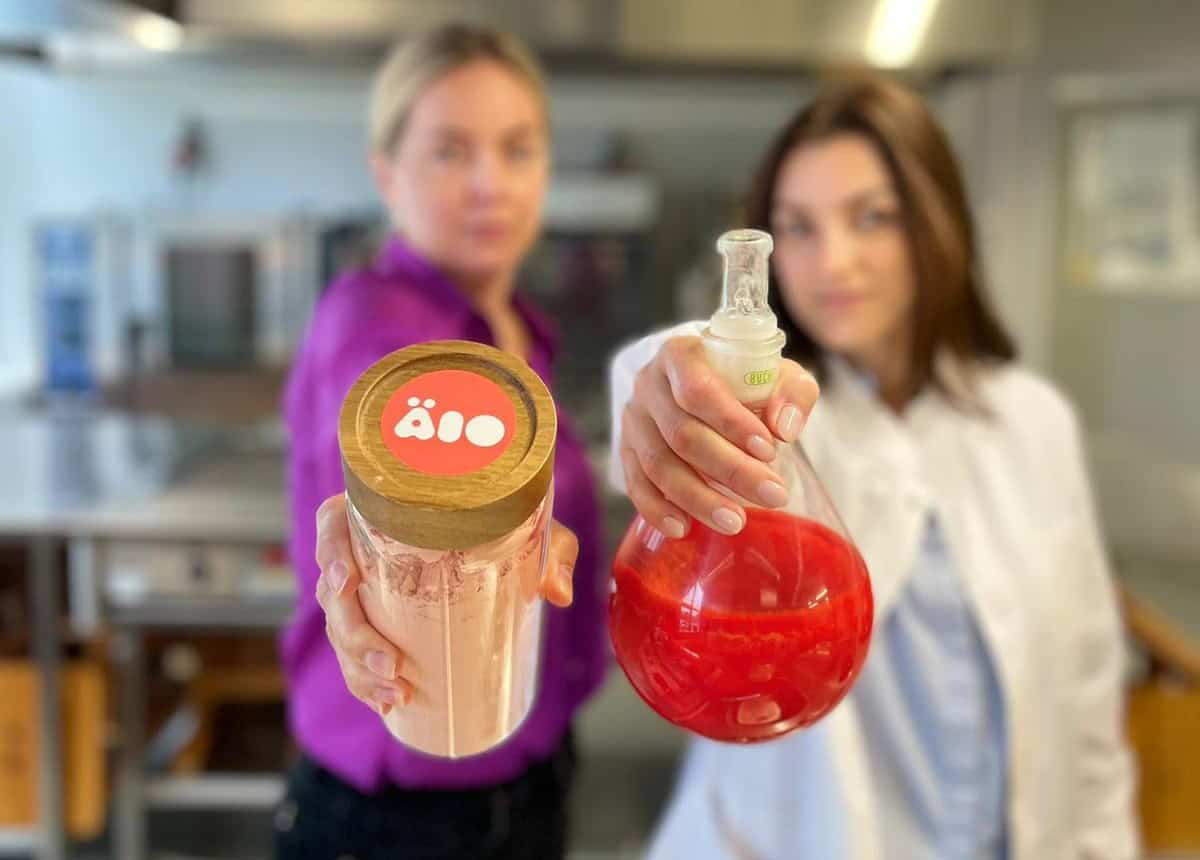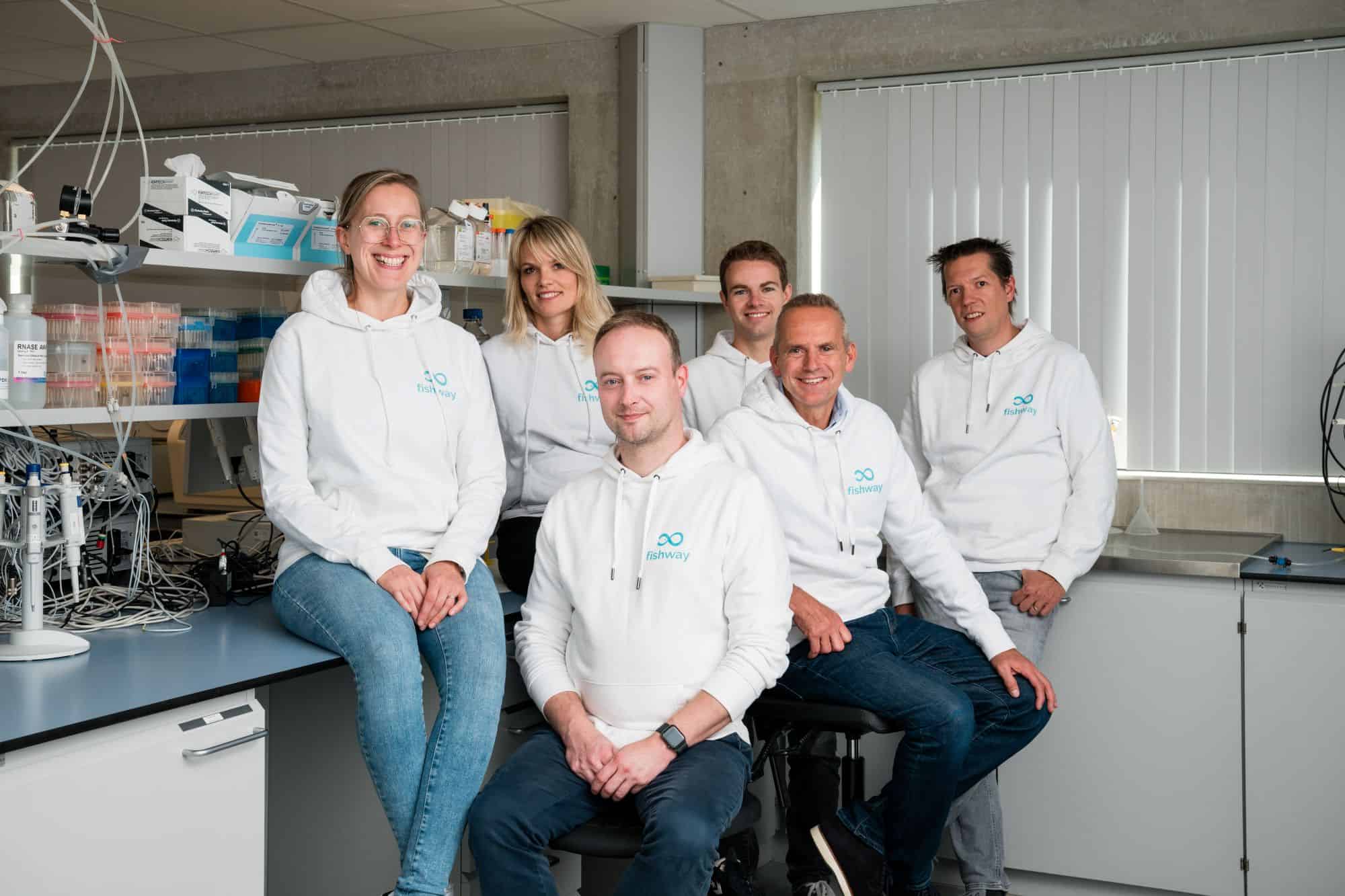Estonian biotechnology firm ÄIO has secured €1 million in government-backed funding to develop and scale up microbial fermentation-based oils for use in cosmetics and chemical applications. The funding was awarded through Estonia’s Applied Research Programme (RUP), which is managed by the Estonian Business and Innovation Agency (EIS).
The grant supports a three-year R&D initiative focused on the development of fermentation-derived lipids and derivatives as substitutes for conventional oils such as palm, coconut, and mineral oils.
“Our technology can fundamentally reshape how cosmetics ingredients are produced”
The total budget for the R&D project is estimated at €1.8 million. The funding will be directed toward scaling production processes, improving product functionality, and advancing commercialization efforts in partnership with cosmetics manufacturers.
CEO and Co-founder Nemailla Bonturi commented, “This grant represents more than funding, it’s validation from the Estonian government that our technology can fundamentally reshape how cosmetics ingredients are produced. We’re now ready to show we can scale that impact on the international stage.”

According to ÄIO, the fermentation process used in its production pipeline reduces land use by 97% and water use by 90% compared to conventional palm oil. The resulting ingredients can be incorporated into various cosmetic formulations including soaps, moisturizers, serums, and pigmented products, and are positioned as replacements for petroleum-derived mineral oils and agricultural fats.
Academic spin-off
ÄIO was founded in 2022 as a spin-off from Tallinn University of Technology and specializes in the transformation of industrial side streams into nutrient-rich fats and oils using biomass and precision fermentation. The company’s ingredients are derived from lipid-rich yeast strains and are designed to function as vegan, non-agricultural alternatives to traditional oils used in personal care products.
Ene Viiard, R&D Expert at the EIS Applied Research Programme, stated, “Competition for RUP support is high, but in ÄIO, we see an exceptional team with the scientific knowledge and disruptive attitude that proves that even from a small country like Estonia, it is possible to produce and scale world-changing innovations.”

Regulatory pressure drives interest
The timing of the grant coincides with upcoming regulatory changes in the European Union, including the new deforestation regulation, which will affect palm oil imports. Additionally, the cosmetics industry faces increasing pressure from regulations concerning PFAS, microplastics, and other environmentally persistent compounds. Fermentation-based ingredients may provide a compliant alternative as regulatory scrutiny increases.
ÄIO has already begun distributing ingredient samples to interested manufacturers and is in early-stage discussions with potential commercial partners. The company expects to initiate a fundraising round in Q3 2026 to support future expansion.
Magdalena Koziol, Head of Cosmetics Development at ÄIO, noted that technical concerns around performance and cost have historically limited the adoption of sustainable alternatives. “Through research, development, and scientific validation, we’re showing that fermentation-derived ingredients have huge commercial potential for a future where both everyday and luxury beauty products don’t come at the cost of our environment or human health,” she said.




